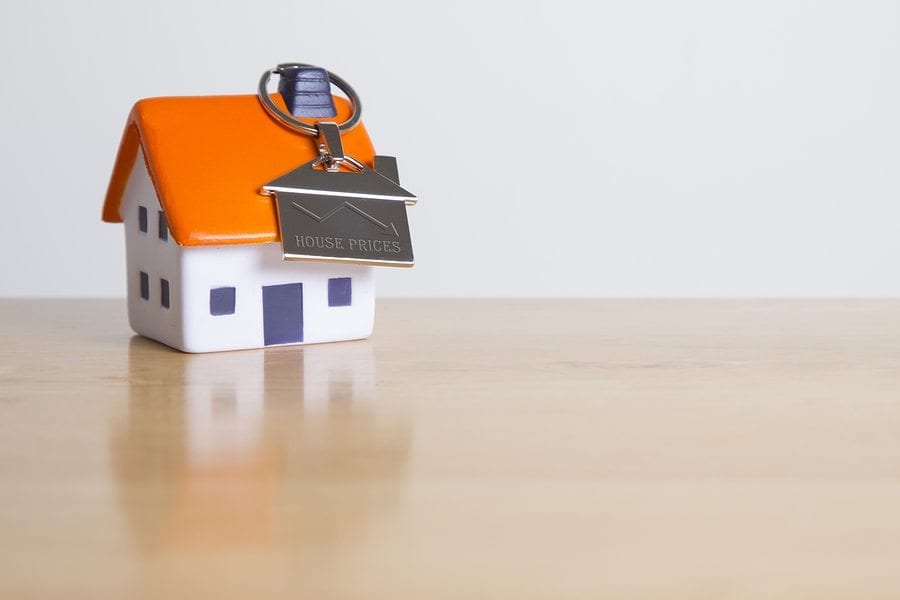What Is a Sheriff’s Sale at Foreclosure in Pennsylvania?
Top Bankruptcy Attorneys and Home Foreclosure Defense Attorneys.
Over 750 ★★★★★ Google Reviews

Contact Our Attorneys Today



EVALUATION
At Sadek Bankruptcy Law Offices, we realize that every situation is different. Our debt relief lawyers will take the time to learn about your situation and your goals. Our objective is to explain your legal options and offer the best debt relief strategy for you in the most compassionate and friendly manner possible. Call 24/7 to schedule your meeting with a lawyer.
AVAILABLE
Our office understands the financial stress our clients endure. Therefore, in addition to reasonable legal fees, we offer a payment plan to all of our valued clients to make quality legal services most affordable.
AND NJ
In addition to our primary law office in Center City, Philadelphia, we also have law offices throughout the Greater Philadelphia, Pennsylvania Area and in New Jersey. Our branch offices have contributed to making us the #1 Bankruptcy Filer and debt relief firm in the Greater Philadelphia area. Our goal is to have a convenient location within 20 minutes of where our clients work or reside.
What Is a Sheriff’s Sale at Foreclosure in Pennsylvania?
At Sadek Bankruptcy Law Offices’s bankruptcy law offices in Pennsylvania, potential clients frequently contact us regarding foreclosure issues. One of the foremost concerns when people fall into debt and behind on their mortgage or other obligations is what will happen to their home and possessions.
Many people are concerned that they will lose their home and belongings in a sheriff’s sale or at auction. While these concerns are often relevant and justified, homeowners who take appropriate and timely action can often stop a sheriff’s sale.
When Can I Face a Sheriff’s Sale in Pennsylvania?
You can face a sheriff’s in Pennsylvania after missing a number of mortgage payments and notices informing you of the deficiency. That is, the foreclosure process in Pennsylvania is judicial in nature. This means that foreclosures in the state are required to proceed through and under the supervision of the courts.
The process also requires the individual to be provided with certain notices regarding the foreclosure and sheriff’s sale process. Some of these notices, such as an Act 91 notice, will set forth the options a homeowner has to stop a foreclosure and sheriff’s sale and protect their home.
There are actually two types of Sheriff’s sales. The first is a Judicial Mortgage Foreclosure Sales. This type of sheriff’s sale comes at the end of the foreclosure process after the lender or mortgage holder has obtained a judgment. The second type of sheriff’s sale a homeowner can face are tax sales that include Tax Lien, Tax Collection, and Tax Delinquent Sales. Failure to pay municipal debts or debts to the water, electric, sewer, or other utility company can result in a tax sale.

How Can I Stop a Sheriff’s Sale?
The Act 91 notice will set forth many of the legal options a homeowner has to stop the foreclosure process, and thus, the sheriff’s sale. However, taxpayers who strategically engage in the early-going of the process can frequently achieve their goals and reach a favorable disposition to the matter.
While every situation is different, filing for bankruptcy and utilizing its automatic stay, exemptions, and other debt-eliminating features can stop a sheriff’s sale and help you get you back on your feet.
Individuals may also want to explore state court litigation strategies to challenge the process, underlying debt, or other aspects of the process. Additionally, simply paying off the debt or making payment arrangements can also halt the foreclosure process.
If funds to pay down the debts are not available, the individual may want to explore the potential for a special mortgage forbearance, a mortgage modification, or making a claim through the FHA-Insurance fund to bring your mortgage current. If these options are not available or appropriate for the situation, you may want to explore a pre-foreclosure short sale or a deed-in-lieu of foreclosure arrangement to avoid an additional deficiency judgment.

What Happens to my Home and Finances After a Sheriff’s Sale?
If you are unable to halt the foreclosure or tax sale process, your home and other property will be sold to satisfy all or part of the debts you owe. In Philadelphia County, Judicial Foreclosure Sale is held on the first Tuesday of each month. There are also four tax sales held every month with an additional sale held once each quarter.
What happens to your property after the Sheriff’s sale is dependent upon the type of sale your property was subject to. If the property was purchased at a Delinquent Tax Sheriff Sale, the previous homeowner retains a right to redemption. This means that the homeowner can “redeem” the property and retain ownership by paying back all tax debts and amounts paid by the new purchaser within nine months of the recognition of the deed.
This right to redemption applies only when the property is occupied prior to the sheriff’s sale. There is no right to redemption available in Pennsylvania for property sold at the Mortgage Foreclosure Sheriff Sale.
A Philadelphia Bankruptcy Lawyer Can Stop a Foreclosure Judgment and Sheriff’s Sale
At Sadek Bankruptcy Law Offices, our bankruptcy practice is dedicated to helping hard-working Philadelphians and Pennsylvanians get out of debt while protecting the property they have worked to obtain.
From our Center City, northeast Philadelphia, Bucks County, and Delaware County law office, we can provide strategic on-point guidance reading an array of sheriff’s sale, foreclosure, debt, and bankruptcy concerns.
